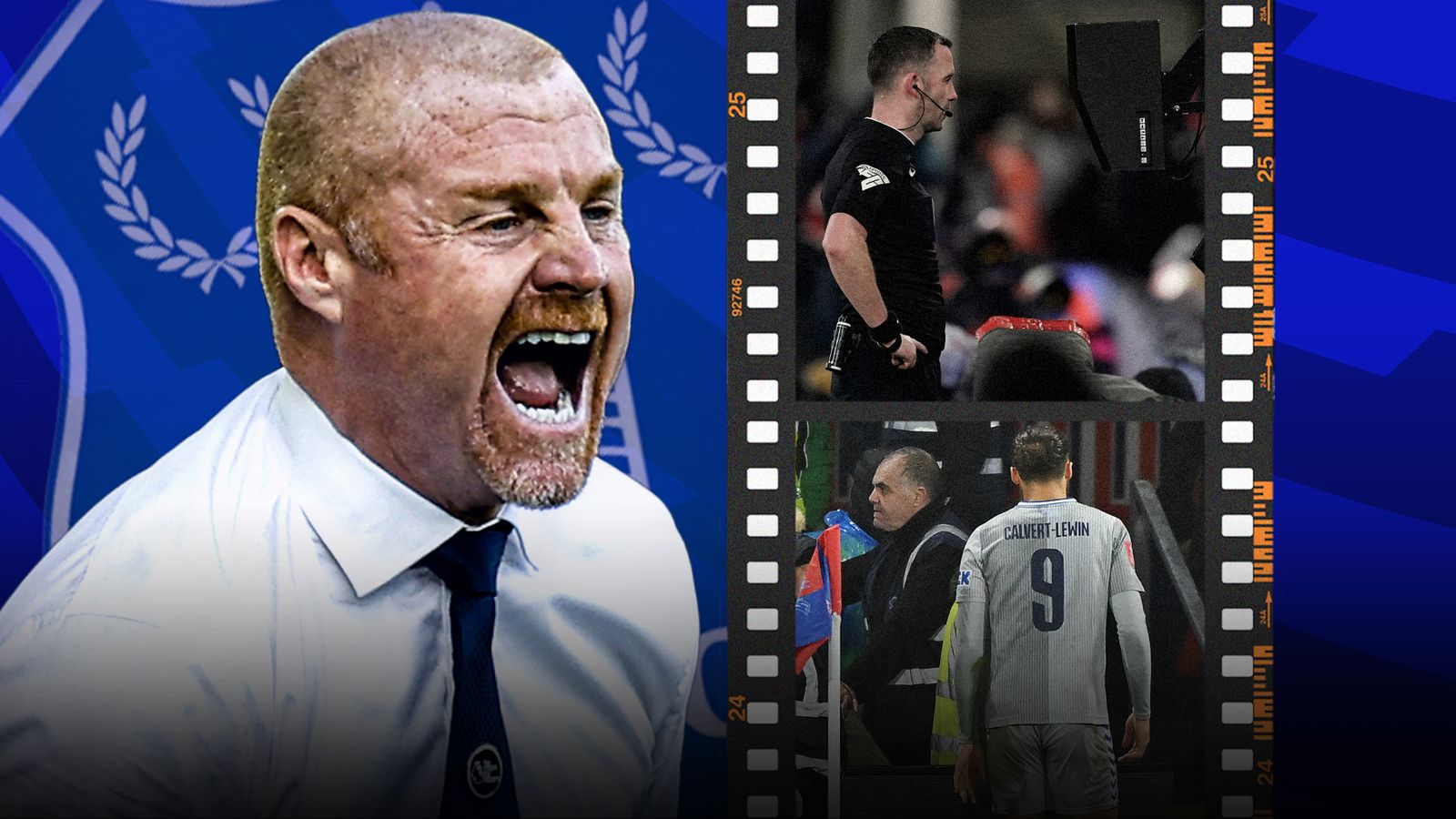This method is used in American Football, and has worked quite well for a number of years, that is, each team has a number of appeals that can be made. The appeal is only used up if the on-field decision is not overturned, i.e. if you turn out to be correct to challenge the decision, you shouldnt lose the ability to appeal future decisions.Suggested this the other day after the game....
Think 3 per team would be too much. 6 checks, each lasting 3 minutes takes too much time IMO. 2 per team would be ok.
Plus, only the ref asks for help. No "help" given without request.
Or, if VAR are to stay "active", and in order that it remains limited to "clear and obvious" mistake. VAR can only review in real time. Ref may ask for slow motion, not VAR slowing and telling.
Perhaps would help.
It makes sense to do it this way, as you can rely upon teams to save their challenges for when it counts most, but also for when they feel they have a good chance of getting the original decision overturned. This solves the issue of var checks being made or not being made in the hands of dodgy match officials, but not the actual decision...so, half the problem resolved.











